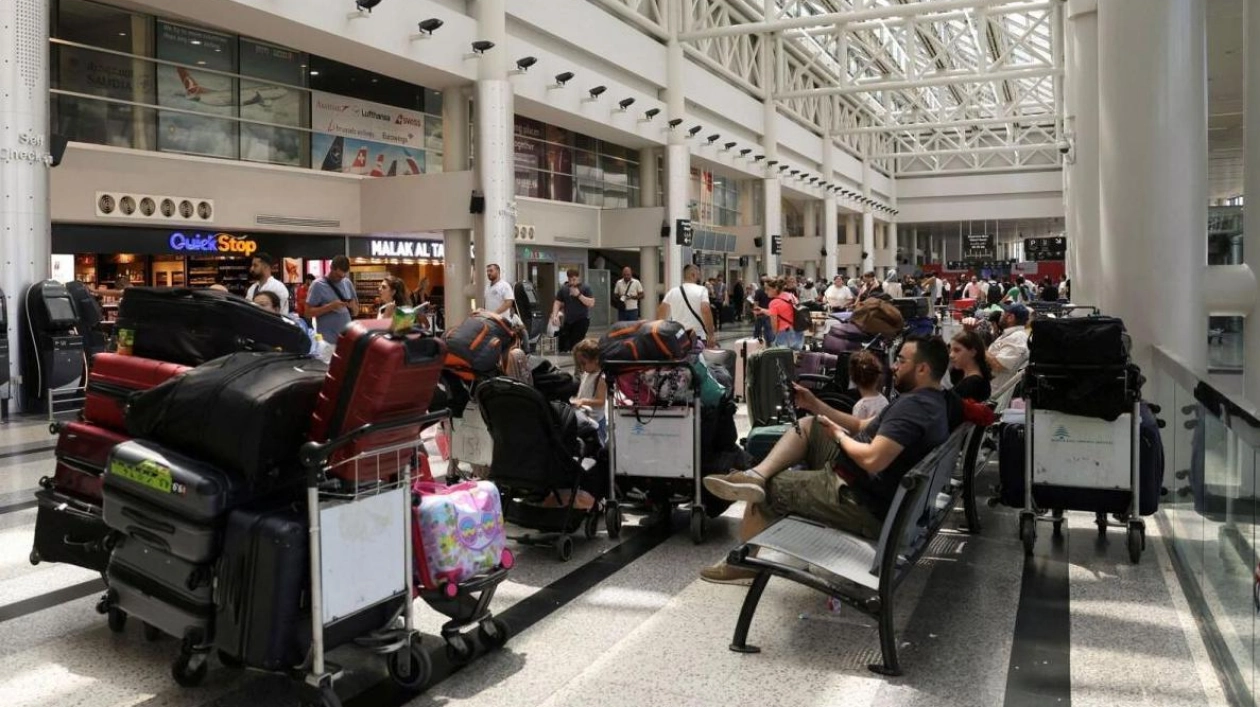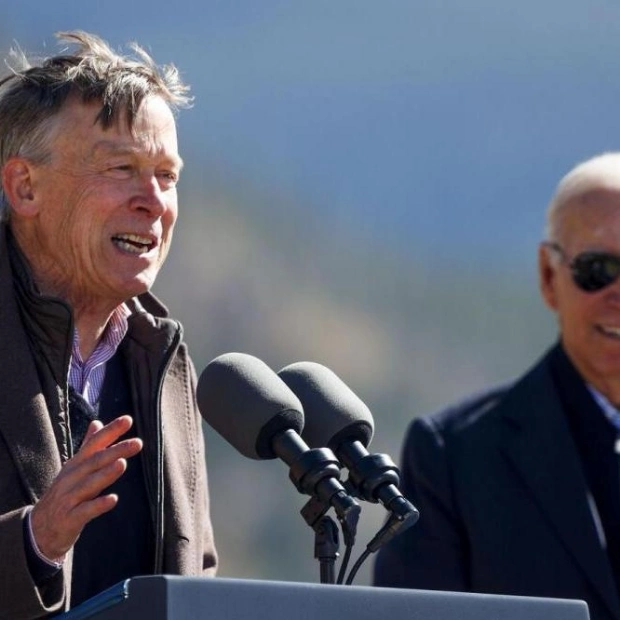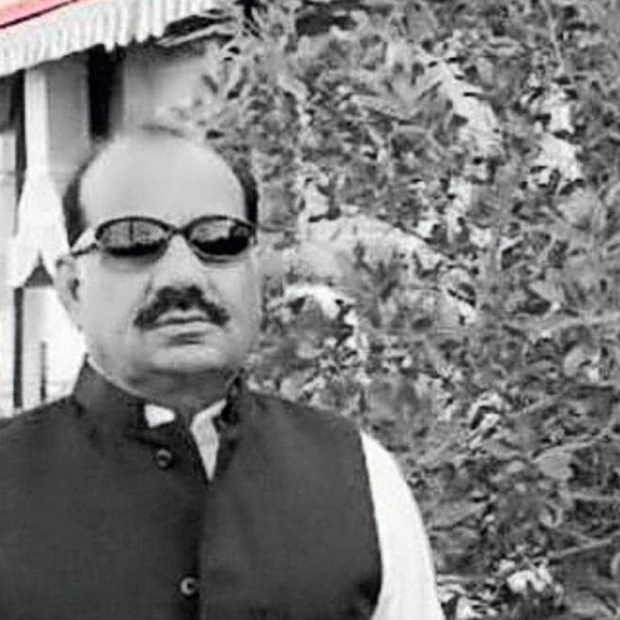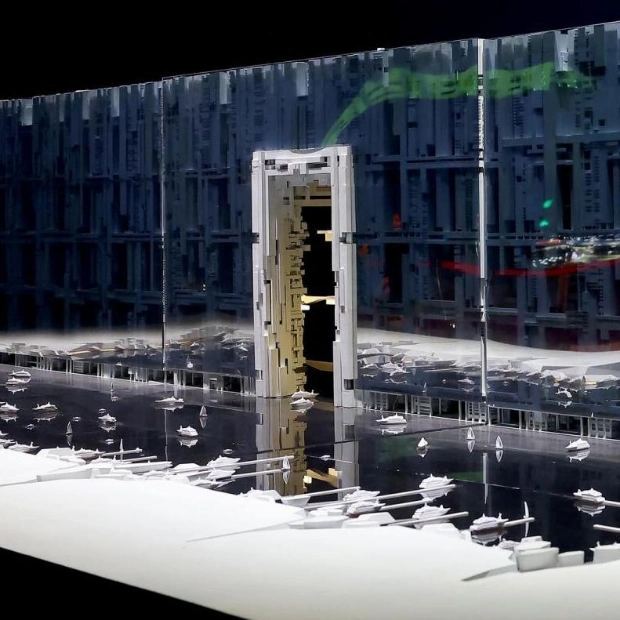Israeli Prime Minister Benjamin Netanyahu on Monday pledged a "severe" response to a fatal attack that claimed the lives of young people in the annexed Golan Heights, as diplomats scrambled to prevent an escalation between Israel and Hezbollah.
During a visit to the site of the rocket attack in Majdal Shams, which resulted in the death of 12 children, Netanyahu declared: "The State of Israel will not, and cannot, let this pass. Our response will come and it will be severe." His visit was met with protests, occurring after mourners had gathered in the Druze Arab town for the burial of the last victim, 11-year-old Guevara Ibrahim.
Israel and the United States have accused Lebanon's Iran-backed Hezbollah of orchestrating the strike, a claim made amidst near-daily exchanges of fire between Hezbollah and Israeli forces since the beginning of the Gaza conflict in early October. Lebanese Foreign Minister Abdallah Bou Habib mentioned that diplomatic efforts were underway to manage the expected Israeli retaliation.
"Israel will escalate in a limited way and Hezbollah will respond in a limited way... These are the assurances we've received," Bou Habib stated in an interview with Al-Jadeed. The United States, France, and other nations were also attempting to prevent the escalation, while Lebanese Prime Minister Najib Mikati highlighted ongoing discussions with international, European, and Arab entities to safeguard Lebanon and avert threats.
White House National Security Council spokesman John Kirby expressed confidence that a broader conflict could be averted. Italy's Foreign Minister Antonio Tajani, having spoken with Habib and Israeli Foreign Minister Israel Katz, emphasized the possibility of halting the cycle of violence and the urgency to do so immediately. Several airlines, including Lufthansa, Air France, and Royal Jordanian, announced the suspension of all flights to Beirut.
In Beirut's city center, shop owner Muhammad Saad, 53, remarked on the continuation of daily life, stating, "We're already at war, what more could happen?" Hezbollah has refuted claims of responsibility for the Majdal Shams attack, although the group acknowledged multiple strikes on Israeli military positions on that day. Israel attributed the attack to a Hezbollah-fired Falaq-1 Iranian rocket, described by an analyst as an inaccurate weapon.
Israel's security cabinet authorized the prime minister and defense minister to determine the nature and timing of the response, according to Netanyahu's office. Hezbollah has reportedly evacuated certain positions in southern and eastern Lebanon. On Monday, Hezbollah announced the launch of "dozens of Katyusha rockets" at an Israeli military site in response to the deaths of two of its fighters, killed in an air raid on Mais al-Jabal, Lebanon.
The cross-border hostilities have resulted in the deaths of over 500 people in Lebanon, predominantly fighters, along with dozens of civilians and soldiers on the Israeli side. Hezbollah, an ally of the Palestinian militant group Hamas, has stated that its attacks are in support of Hamas and will cease if a ceasefire is established in Gaza. Despite months of efforts, a ceasefire and hostage release agreement remain elusive, with mediators and Israeli negotiators meeting in Rome on Sunday to discuss the latest proposal.
Hamas accused Netanyahu of obstructing negotiations, setting new conditions that represent a departure from an earlier draft. Meanwhile, the Israeli military reported ongoing "precise" operations in the Rafah area and Khan Yunis, claiming to have "eliminated dozens of terrorists." Israeli aircraft targeted 35 locations across Gaza within 24 hours. In the northern part of Gaza, Hamas's armed wing claimed to be engaging with an Israeli force in Gaza City's Tal al-Hawa district, where shelling was reported.






